Испитивање површинских, подземних и отпадних вода
Вода је основни предуслов за живот свих живих бића. Стога, чување њених природних карактеристика и исправног хемијског састава представљају еколошку и законску обавезу свих нас. Квалитет воде коју користимо се огледа у физичко-хемијским и биолошким особинама воде у ријекама и језерима, и управо промјеном својстава ових вода, мијења се и сама природа.
Лабораторија за воде, земљиште и отпад у оквиру ЈНУ Институт за заштиту и екологију Републике Српске је овлашћена за испитивање површинских, подземних и отпадних вода. Посједујемо овлашћење надлежног министарства – Министарство пољопривреде, шумарства и водопривреде.
Овлашћени смо и вршимо испитивања за сљедеће параметре у води:
pH, електропроводљивост, температура, растворени кисеоник, мутноћа, укупни хлор, BPK5, HPK, KMnO4, остатак испарења на 105 ⁰C, уља и масти, алкалитет, детерџенти, индекс фенола, азот по Кјелдал-у, садржај амонијака, анјони, катјони, суспендоване материје, TOC, укупан фосфор, таложне материје по Imhoff-у, сулфиди, метали, минерална уља, пестициди, полициклични ароматични угљоводоници, полихлоровани бифенили, лако испарљиви угљоводоници и други параметре у површинским, подземним и отпадним водама.
Овлашћени смо и за 24-часовно узорковање отпадне воде, мјерење нивоа подземне воде, мјерење протока воде, мјерење протока у отвореним каналима мјерењем брзине и површине.
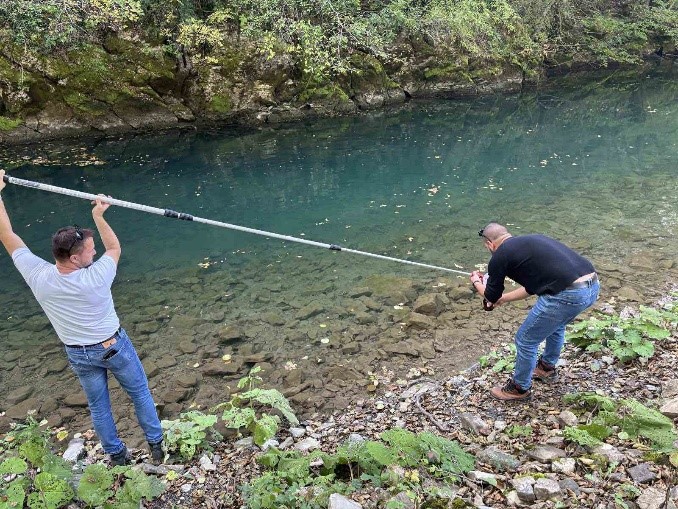
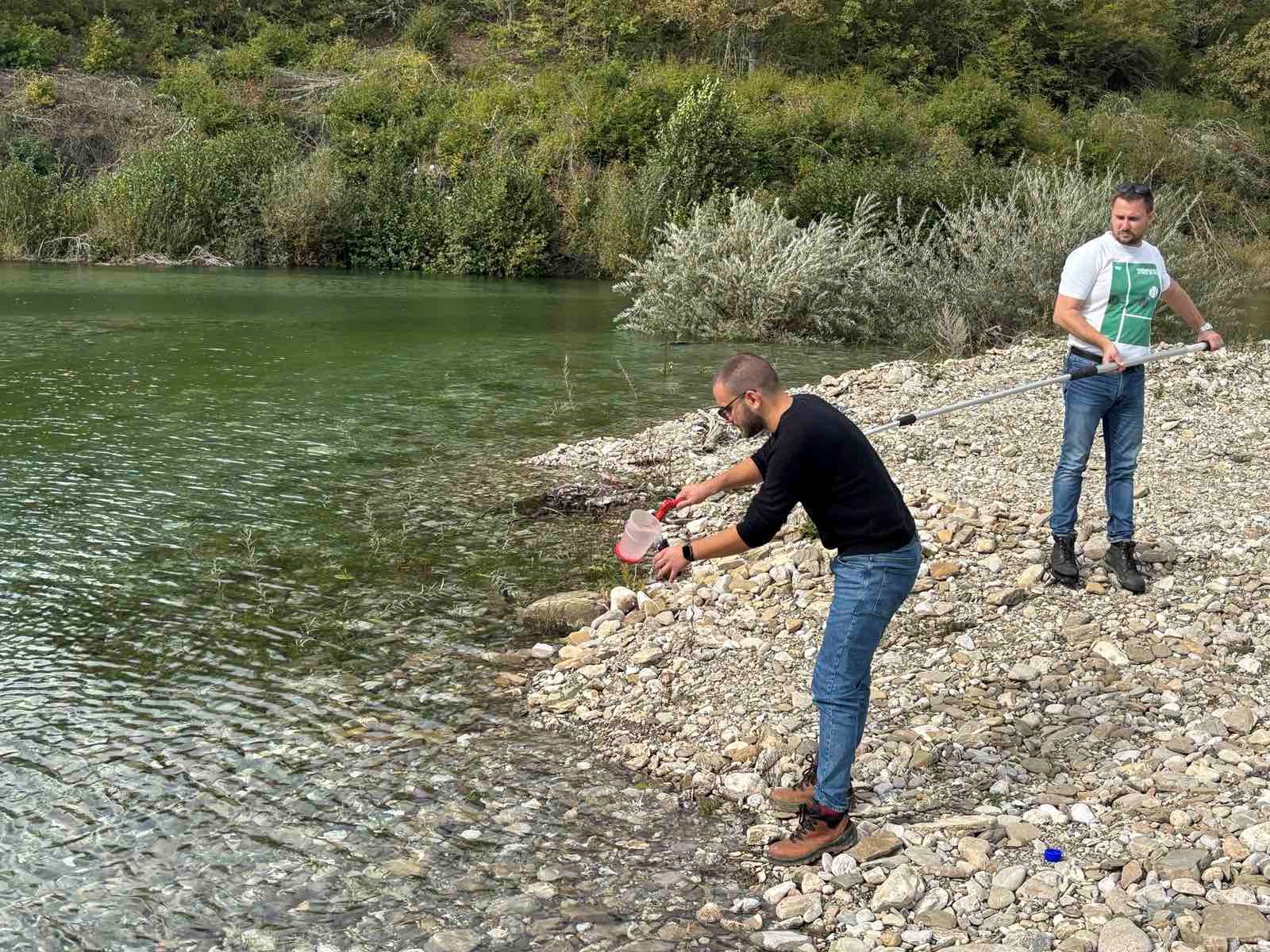
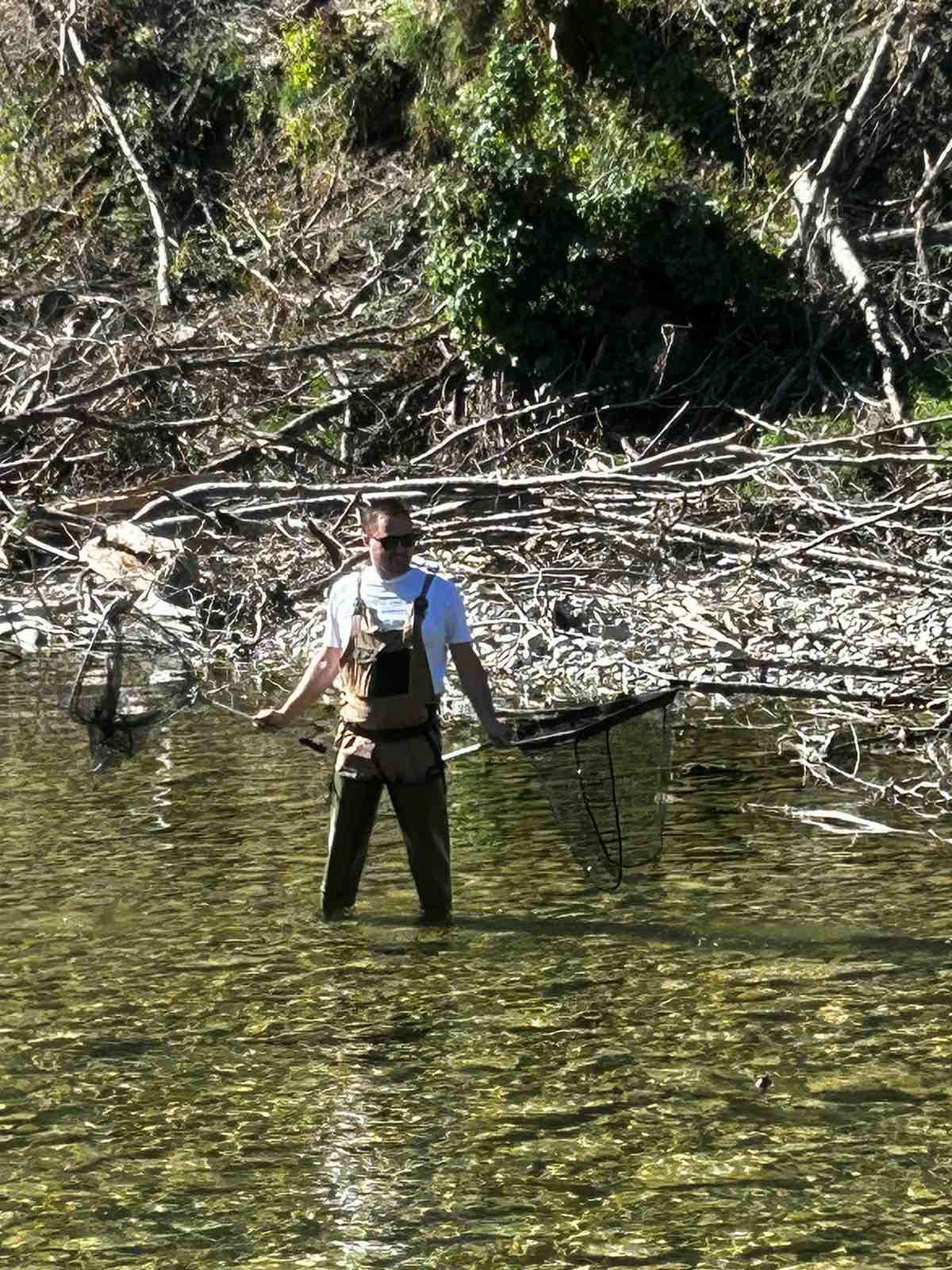
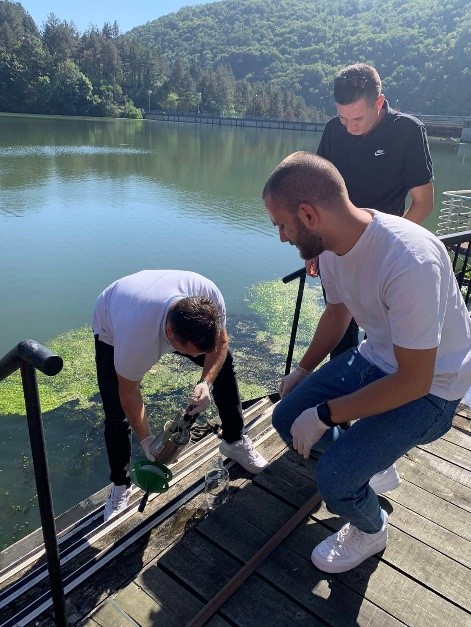
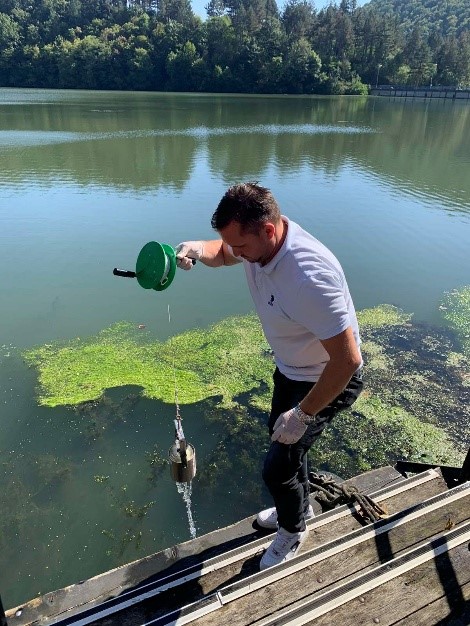
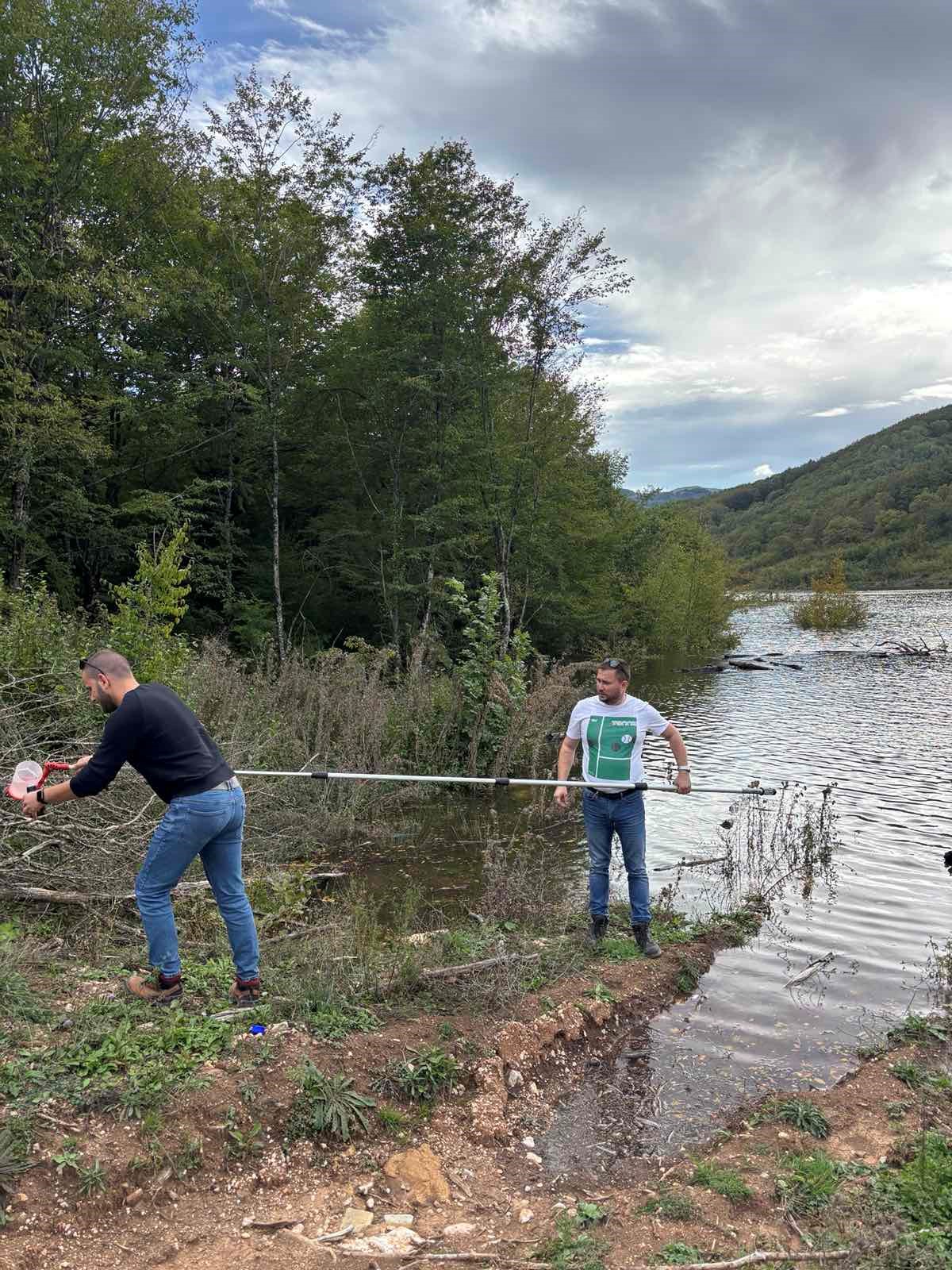

Опрема и технике на којима са врше анализе су:
- Микроталасна плазма-атомски емисиони спектрометар Agilent Technologies MP-AES
- Гасно-масени хроматограф Agilent Technologies GC-MS/MSD, GC FID, headspace sampler и др.
- Спектрофотометар Shimadzu UV-VIS
- Течни хроматограф Agilent Technologies HPLC
- Гравиметрија и сл.
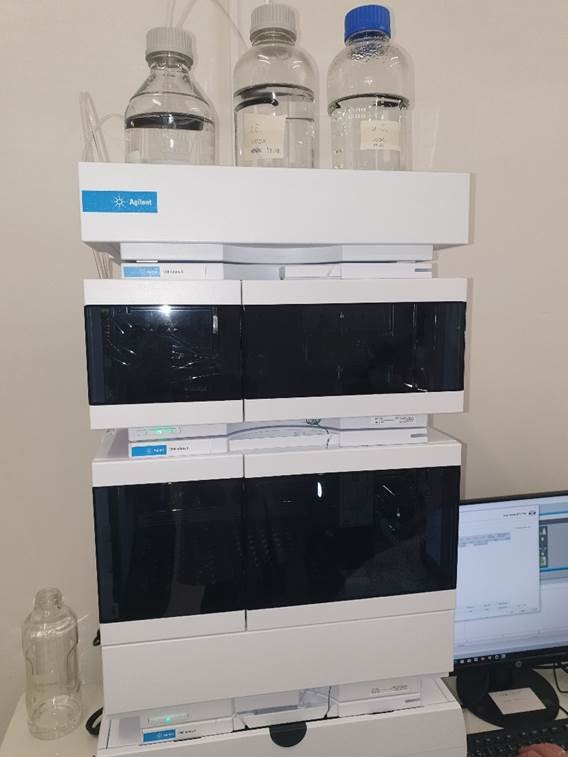
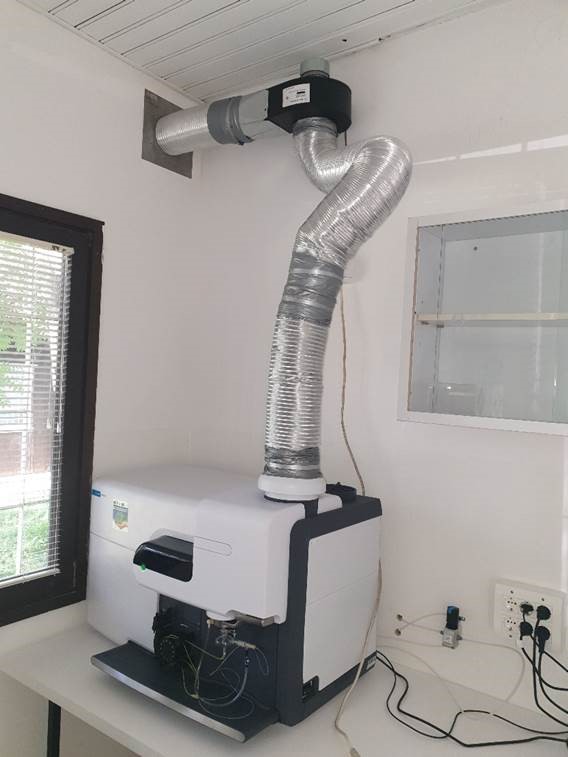
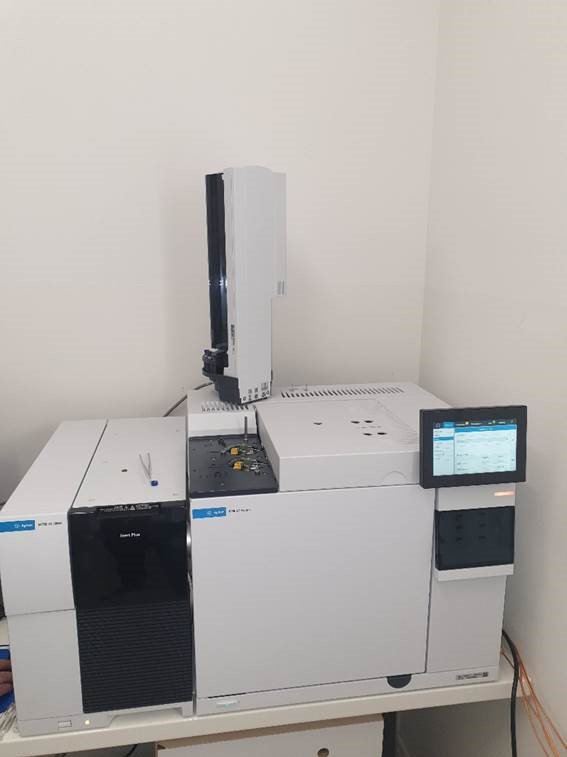
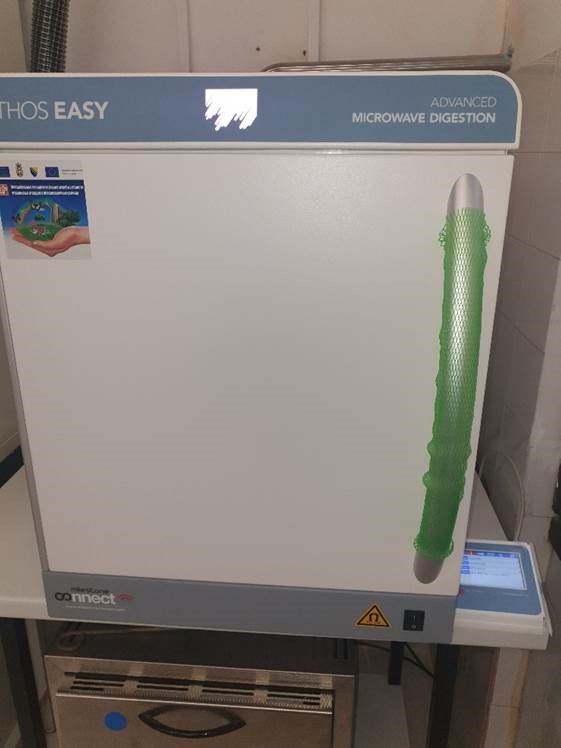
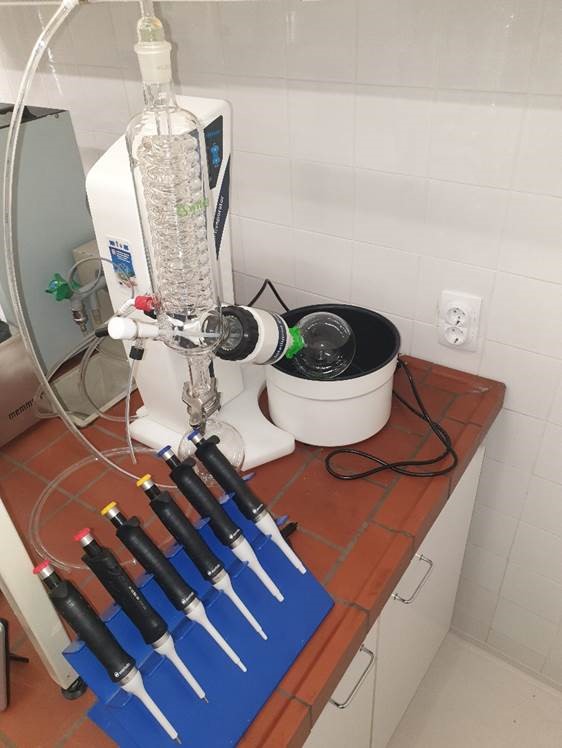
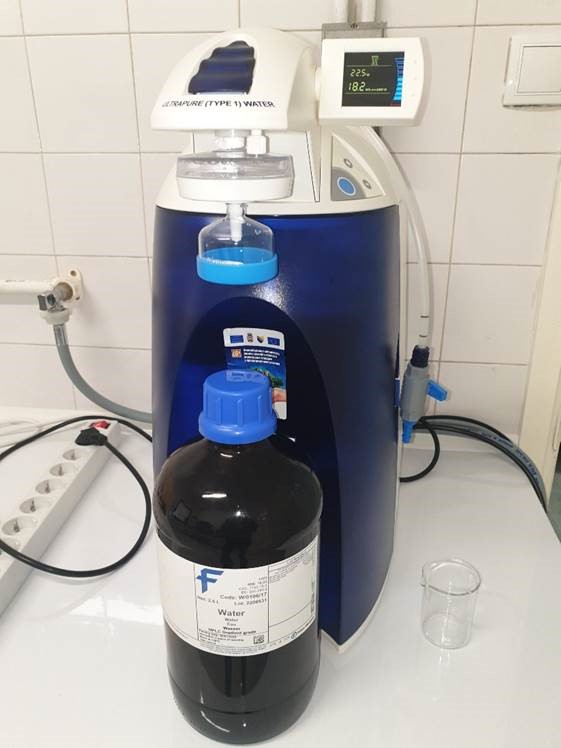
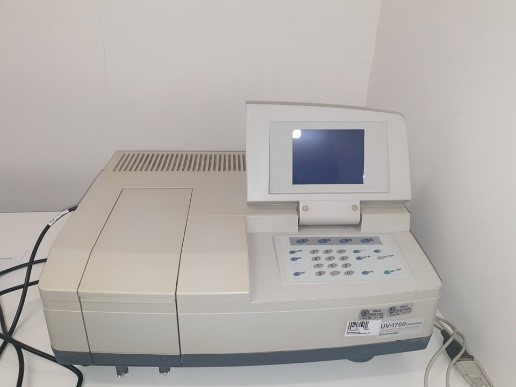
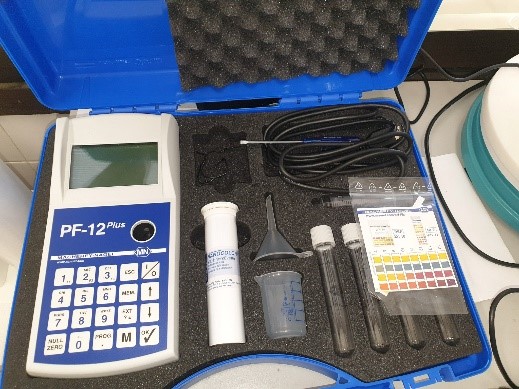
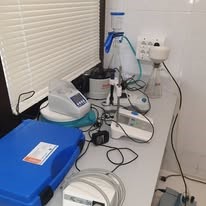
Микробиолошка испитивања
У оквиру наших лабораторијских метода, спроводимо испитивања присуства санитарно-микробиолошких параметара, који указују на потенцијално присуство патогених микроорганизама и ниво органске контаминације воде.
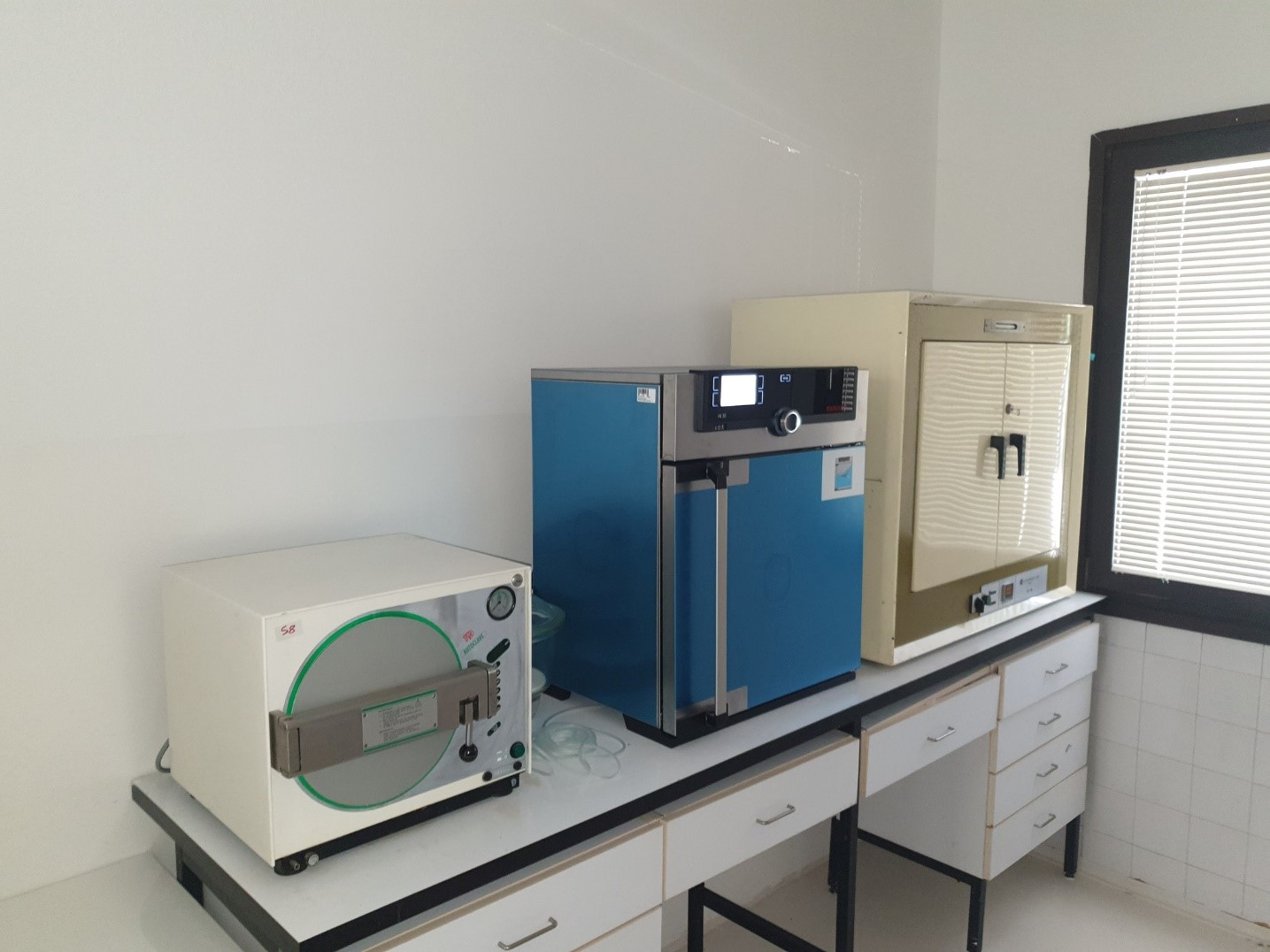
Параметри који се испитују:
1. Број колонија аеробних органотрофа на 22 °C:
- Овај параметар представља укупан број микроорганизама који се могу развити на температури од 22 °C у аеробним условима. Резултат даје увид у укупну микробиолошку активност воде и може указати на органско загађење.
2. Укупни колиформни микроорганизми:
- Присуство колиформних бактерија је индикатор санитарне исправности воде. Ове бактерије настањују околину, али њихова присутност у води може указивати на могућу контаминацију фекалног поријекла.
3. Фекални колиформни микроорганизми:
- Фекални колиформи, укључујући Escherichia coli, директно указују на загађење воде људским или животињским изметом. Њихова идентификација је од критичне важности за процјену ризика од патогених организама.
4. Фекални стрептококи:
- Ова група бактерија, укључујући родове као што су Enterococcus, користи се као индикатор загађења водотока и стајаћих вода фекалним материјама. Они су отпорнији у воденој средини, што их чини добрим показатељем историјског загађења.
Токсиколошка испитивања
У оквиру лабораторијских услуга Института за заштиту и екологију Републике Српске, спроводимо токсиколошка испитивања користећи дафнију (Daphnia magna) као модел-организам. Ова испитивања представљају кључну компоненту у процјени еколошког ризика и токсичности воде и отпадних вода, пружајући поуздане податке за заштиту водених екосистема и јавног здравља.
Зашто Daphnia magna? Дафнија магна је стандардни водени организам за тестирање токсичности који се широко користи у еколошким и регулаторним истраживањима. Њена осјетљивост на токсичне супстанце чини је идеалним индикатором квалитета воде. Тестирања са Daphnia magna омогућавају процјену акутних и хроничних токсичних ефеката на основу њеног понашања, репродуктивног капацитета и преживљавања.
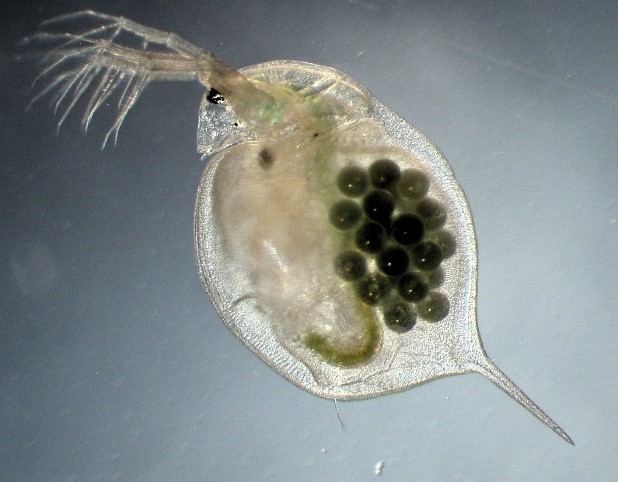
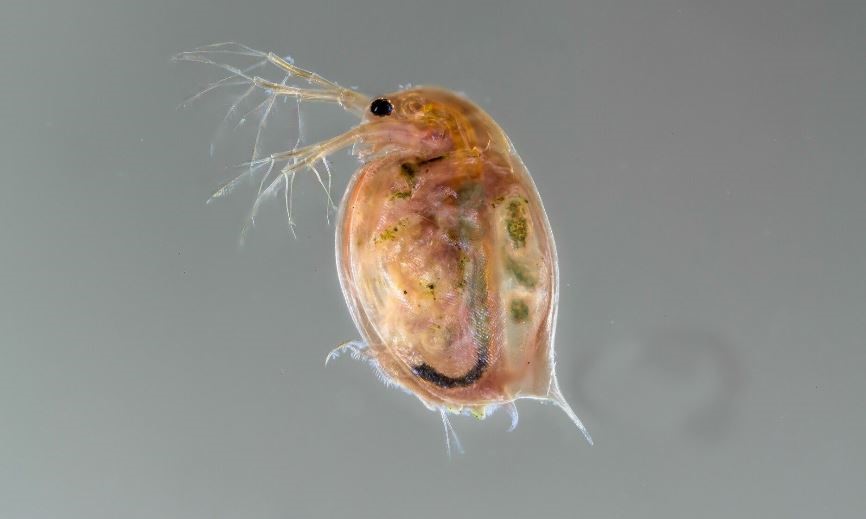
Шта тестови укључују?
- Одређивање акутне токсичности (EC50) на основу непокретности Daphnia magna након излагања узорцима воде или отпадних вода.
- Испитивање хроничне токсичности, укључујући ефекте на репродуктивну способност и раст.
- Процјена утицаја различитих хемијских и биолошких агенаса на водене организме у складу са релевантним стандардима.
Зашто су ова испитивања важна?
- Идентификација загађивача: Откривају потенцијално штетне супстанце у води које могу утицати на екосистеме и здравље људи.
- Унапређење управљања отпадним водама: Омогућавају процјену ефикасности постројења за пречишћавање отпадних вода.
- Заштита екосистема: Доприносе очувању биодиверзитета у воденим тијелима.
Стручни извештај и експертска интерпретација истог
Све обрађене податке сакупљамо у један финални извјештај који подлијеже темељној анализи наших стручњака. Од датума узорковања, резултате анализа са мјерном несигурношћу, преко метода самог узорковања и анализе, овај извјештај садржи велики број података и вријеме његове обраде зависи од самих сазнања.
Институт за заштиту и екологију Републике Српске, уз примјену најсавременијих метода и стручног тима, гарантује поуздане резултате који помажу у доношењу одлука усмјерених на заштиту животне средине и здравља. Ваше повјерење – наша одговорност!

